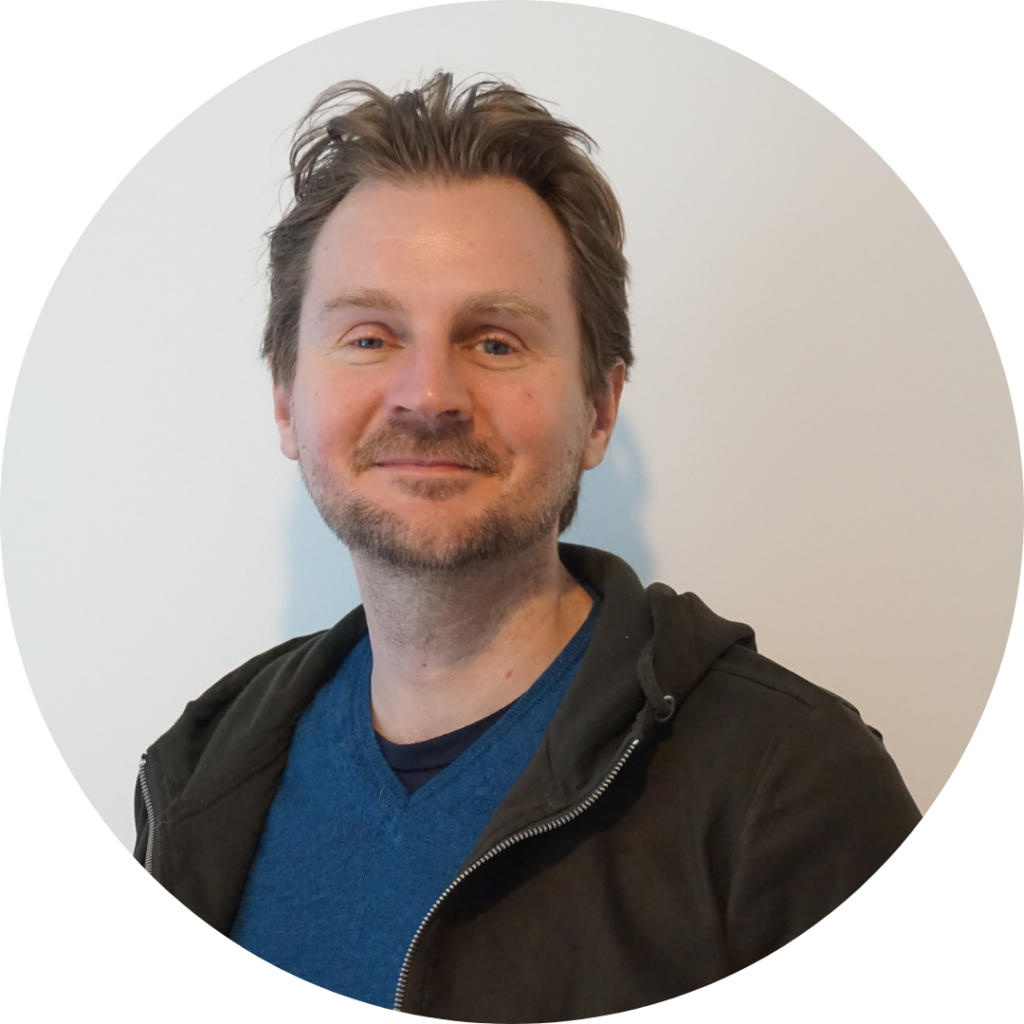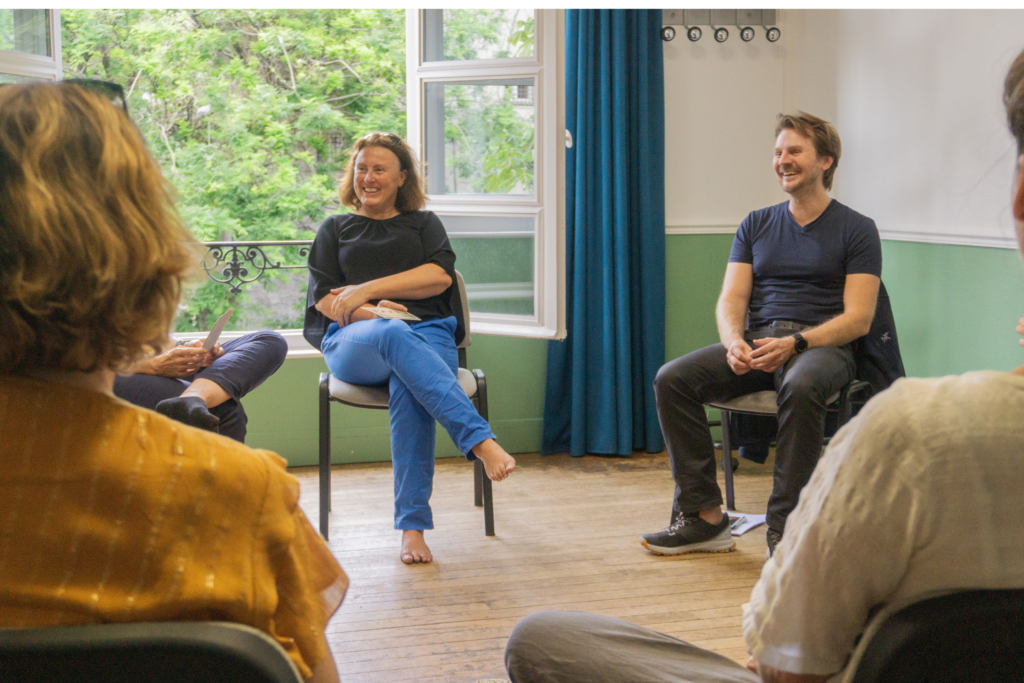In a world searching for meaning and collective well-being, the “anonymous Altruists” circles offer a unique opportunity to explore the path of resilience together. To better understand this approach, we spoke with Franck Blot, the co-organizer of these circles.

Franck has been working with Karuna-Shechen for over 15 years. Director of the Resilience program, he is an ACT and body-psychotherapist, and has been practicing meditation for about twenty years.
The Resilience program supports caregivers, helpers, and social workers through 6 sessions of 2 hours each, focused on emotional intelligence and mindfulness. Each talking circle offers a space for authentic sharing, allowing everyone to share one’s vulnerabilities and deepen connections by seeing our common humanity. Alongside this program, Karuna-Shechen now offers the anonymous Altruist circles, a format for those who wish to awaken their altruistic potential and engage in meaningful action, transcending the sense of helplessness that can shadow daily life.
Can you explain what the Anonymous Altruist circles are? What are they for?
Franck: It’s a talking circle where people who don’t know each other, gather to share their common humanity. The goals are to feel less alone, avoid the feeling of powerlessness, rediscover meaning in daily life, and commit to the changes we wish to see happen. The circle unfolds in 3 stages.
The first stage, called “inspire yourself”: participants are invited to share something that touched them, it can be indignation or inspiration. No one reacts or comments, it’s a moment simply to be heard.
The second stage, “train together”: we choose a meditation to practice as a group. The idea is to understand that there’s no single type of meditation, but many. Depending on what we want to develop, we can choose a discipline-based practice or something softer like self-compassion. Meditating alone can be hard, the group provides motivation and support.
The third stage, “take action”: we return to one of the themes mentioned in stage 1, and ask ourselves: “What can I do, concretely, in my daily life, regarding this theme?” Here we use the 4P tool from ACT therapy: the Smallest Possible Step. The goal is to close the circle with about ten concrete proposals for everyday commitment.
Why participate in an anonymous Altruist circle?
- A first session with “no strings attached”: It’s a chance to freely discover the approach, experience a time of shared speech and meditation, and see whether the Resilience program resonates with you.
- A shared experience: Joining the Anonymous Altruist Circles means taking part in a collective practice that transforms solitude into shared momentum — like meditating in community.
- A path to resilience: Participation shows how mutual commitment and peer support can help overcome daily challenges.
- A space for transformation: The circle creates a regular framework where everyone can find their place, share their emotions, and draw inspiration from collective strength.
What’s the link with the Resilience program?
Franck: The Resilience program consists of six 2-hour sessions, with the sixth always being an Anonymous Altruist Circle. We hope participants will eventually run their own talking circles. We believe that sustaining this kind of practice requires a regular structure, within teams, services, organizations, or companies. In recent months, we’ve begun offering training to help participants facilitate these circles themselves.
Want to explore the full Resilience program?


How did you come up with the idea for this format?
Franck: The idea of the Anonymous Altruist circle comes from several sources. The first is the incredible work of Alcoholics Anonymous. Addiction is still heavily stigmatized. I had the chance to attend one of their meetings, and I was moved by the humanity and quality of presence of every participant. Their sessions are organized entirely by volunteers, who offer a level of listening I’ve never seen anywhere else. This allows participants to show up fully, knowing there will be no judgment or unsolicited advice.
There’s also a “pop culture” influence: when I saw the movie Fight Club, I thought it would be amazing to have an “Altruism Club,” where the first rule would be: “You have to talk about it!” Whereas Fight Club seeks to destroy the capitalist world, the Altruism Club exists to build connection, nurture our shared humanity, and foster daily engagement. The Yellow Vests movement was also a catalyst for creating the Anonymous Altruist Circles.
With these circles, we’re not trying to destroy the current world but rather contribute to a new one, founded on altruism!
Practical information
When ? Tuesday, April 29, then the last Tuesday of each month from 6:30 p.m.
Where ? At the Karuna-Shechen offices, 199 boulevard Voltaire, Paris 11th
Inscription ? Open and free for everyone!
Who’s it for? Whether you’re a caregiver, helper, social worker, or an undiscovered altruist
For organizations? A personalized cost estimate is available on request.